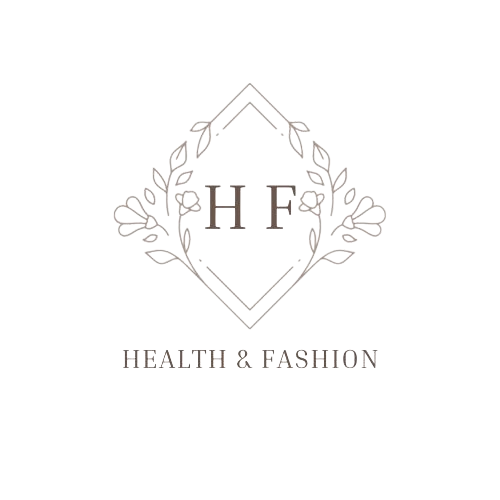The Impact of Makeup Tutorials on Identity
The Impact of Makeup Tutorials on Identity
Transformative Influence of Beauty Tutorials
In the realm of beauty and self-expression, makeup tutorials have emerged as a powerful tool for individuals to cultivate their unique aesthetic identity. With the advent of digital media and the rise of social platforms, the accessibility of beauty tutorials has significantly transformed the way people approach cosmetics, turning the once-exclusive realm of makeup artistry into a democratized and inclusive space for everyone to explore and experiment with their appearance. These tutorials not only offer practical guidance on how to achieve specific looks but also serve as a platform for self-discovery and empowerment, encouraging individuals to embrace their individuality and express themselves confidently.
Makeup tutorials have evolved into a dynamic fusion of artistry and education, transcending mere application techniques to become a medium through which people can communicate and connect. They encapsulate a diverse spectrum of styles, ranging from subtle, everyday looks to avant-garde, runway-inspired creations. Through step-by-step demonstrations and detailed product breakdowns, makeup tutorials have effectively bridged the gap between professional artistry and the everyday consumer, enabling individuals to master the intricacies of contouring, highlighting, and blending with precision and finesse.
The allure of makeup tutorials lies not only in their ability to impart practical skills but also in their capacity to foster a sense of community and belonging. Online platforms such as YouTube, Instagram, and TikTok have catalyzed a global beauty community where aspiring makeup enthusiasts can share their experiences, seek guidance, and celebrate their unique interpretations of beauty. The interactive nature of these platforms has facilitated the emergence of a vibrant virtual network, fostering dialogue and camaraderie among individuals with diverse backgrounds, cultures, and experiences.
Moreover, makeup tutorials have played a pivotal role in redefining conventional beauty standards and promoting inclusivity within the beauty industry. By showcasing a myriad of techniques tailored to various skin tones, facial features, and personal preferences, these tutorials have empowered individuals to embrace their natural beauty while encouraging them to experiment with bold, unconventional looks that challenge traditional norms. They have engendered a cultural shift toward celebrating diversity and embracing individuality, fostering a climate of acceptance and appreciation for the rich tapestry of human appearances.
Beyond their aesthetic significance, makeup tutorials have also become a catalyst for personal growth and self-confidence. By enabling individuals to acquire the skills to enhance their features and amplify their innate beauty, these tutorials have instilled a sense of self-assurance and empowerment, allowing individuals to present themselves to the world in a manner that resonates with their innermost selves. The transformative power of makeup has transcended its superficial implications, serving as a conduit for self-discovery and personal expression.
However, the proliferation of beauty and makeup tutorials has also sparked discussions about their impact on self-perception and body image. While these tutorials promote creativity and self-expression, they have also been criticized for perpetuating unrealistic beauty standards and fostering an unattainable ideal of perfection. Some argue that the constant exposure to flawlessly crafted images and meticulously executed makeup looks can engender feelings of inadequacy and self-doubt, prompting individuals to strive for an unfeasible standard of beauty that is often unrepresentative of reality. Consequently, there has been a growing call for greater authenticity and transparency within the beauty industry, emphasizing the importance of promoting self-acceptance and embracing one's unique traits and imperfections.
To mitigate these concerns, an increasing number of influencers and content creators have begun advocating for a more holistic approach to beauty and self-care, one that emphasizes self-love, authenticity, and inner confidence. By encouraging their audience to prioritize holistic well-being and cultivate a positive self-image, these influencers are striving to redefine the narrative surrounding beauty and makeup, fostering a culture of self-acceptance and celebrating individual uniqueness.
In conclusion, beauty and makeup tutorials have revolutionized the way people perceive and engage with cosmetics, transcending their traditional instructional role to become a medium for self-expression, empowerment, and community building. While they have propelled the beauty industry into a new era of inclusivity and diversity, they have also prompted critical reflections on the influence of digital media on self-perception and body image. Moving forward, it is imperative for content creators and influencers to champion authenticity and promote a holistic approach to beauty, one that fosters self-acceptance and celebrates the diverse tapestry of human beauty. By harnessing the transformative power of makeup as a tool for self-expression and empowerment, individuals can cultivate a deeper sense of self-confidence and embrace their unique identities with grace and authenticity.


Comments
Post a Comment